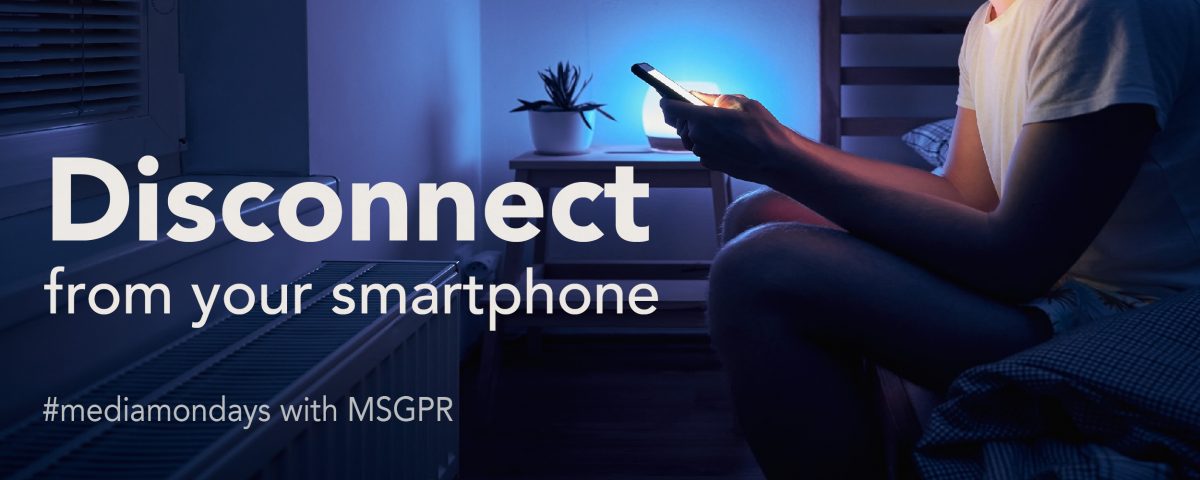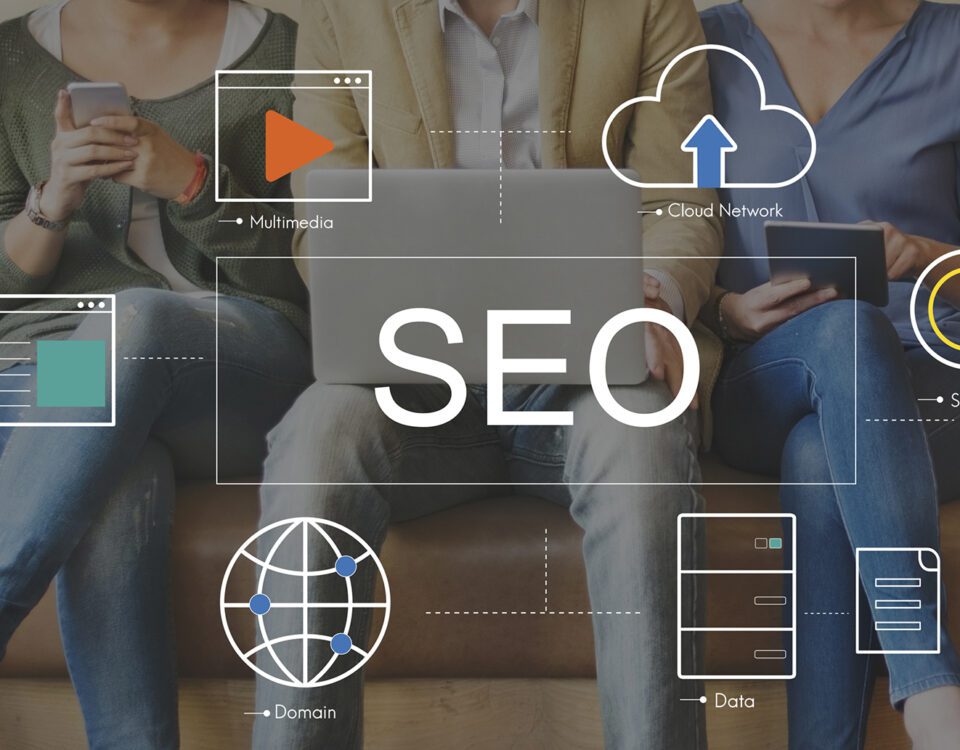In this day and age, we are constantly bombarded with notifications, newsfeeds, and updates. It’s no wonder that sometimes we feel overwhelmed and stressed out! Just like the apple in the Garden of Eden opened the eyes of Adam and Eve, our smart phones have opened our world becoming an extension of ourselves, and while they can be helpful in keeping us connected, they can also be a source of anxiety – and potentially our downfall. Today, we’ll explore the ways in which our smart phones can be causing us undue stress and offer some tips on how to disconnect from them.
The constant over-exposure to social media
It’s no secret that social media has taken over our lives. We are constantly bombarded with images and information, and it can be hard to escape. Our phones are the biggest culprits, as they are always within reach and ready to provide us with a never-ending stream of content.
This constant over-exposure can have a negative impact on our mental health. Studies have shown that too much social media can lead to feelings of loneliness, anxiety, and depression. It’s important to take a break from time to time and enjoy the real world around us.
The negative effects of social media
It’s no secret that social media can have negative effects on our mental health. From comparing our lives to others’ “perfect” posts to feeling left out and lonely, scrolling through our feeds can sometimes make us feel worse instead of better.
But what about when social media is put in our hands via our smartphones? According to a new study, having a smartphone with us at all times can amplify the negative effects of social media even more.
The study, conducted by researchers at the University of Southern California, found that people who constantly had their smartphones with them were more likely to report feeling anxious and stressed than those who didn’t. And the more they used their phones, the worse they felt.
Interestingly, it didn’t matter whether the participants were using their phones to post on social media, text their friends or just check the time. The mere presence of a smartphone was enough to cause anxiety and stress levels to spike.
So what does this mean for us? If you’re someone who always has your phone with you, it might be time to reconsider your habits. Maybe leave your phone at home when you go out with friends or put it away during family dinner. And when you’re scrolling through your
How to limit your exposure to social media
We all know the feeling: you’re mindlessly scrolling through your Facebook feed when you come across an old friend’s post from their recent vacation. Suddenly, you feel a pang of envy. You close the app and resolve to put your phone down, but not before checking Instagram and seeing that another friend has just gotten engaged. Now you feel bad for being happy for her.
It’s no secret that social media can be detrimental to our mental health. A study from the University of Pennsylvania found that people who limited their use of Facebook and other social platforms to 30 minutes per day experienced significant improvements in their well-being.
If you find yourself struggling with compulsive social media use, here are a few tips to help you limit your exposure:
1. Set time limits for yourself. Decide how much time you want to spend on each platform per day, and stick to it. Once you’re out of time, log off and do something else.
2. Unfollow or unfriend people who make you feel bad about yourself. If someone’s posts are consistently making you feel envy or resentment, it’s probably not healthy for you to
The benefits of disconnecting from social media
It’s no secret that we’re constantly connected to our phones and social media. We check our Facebook, Twitter, and Instagram feeds multiple times a day, and we often feel anxious or restless if we haven’t checked in for a while. This constant connection can take a toll on our mental and emotional health.
But what if we took a break from social media? What if we disconnected from the constant flow of information and notifications? Believe it or not, there are actually some benefits to disconnecting from social media. Here are just a few:
1. You’ll have more time for yourself.
When you’re not constantly checking your phone, you’ll have more time for yourself. You can use this time to do things that make you happy or that help you relax. Maybe you’ll finally read that book you’ve been meaning to start, or maybe you’ll take up a new hobby. Either way, you’ll have more time to focus on your own happiness.
2. You’ll be less stressed.
Constantly checking your social media accounts can be stressful. You might see something that makes you angry or upset, or you might compare yourself to others and feel like you’re not good enough
That’s a Wrap
It’s no secret that smart phones are becoming more and more a part of our everyday lives. And while there are many great things about having this technology at our fingertips, there is also a downside. Namely, that we are constantly bombarded with images and messages that can be overwhelming and even harmful to our mental health. It’s important to take some time for ourselves every day to disconnect from our devices and the constant stream of information they provide. Take a break from scrolling through your feed and give yourself a chance to relax and recharge. Your mind will thank you for it.




